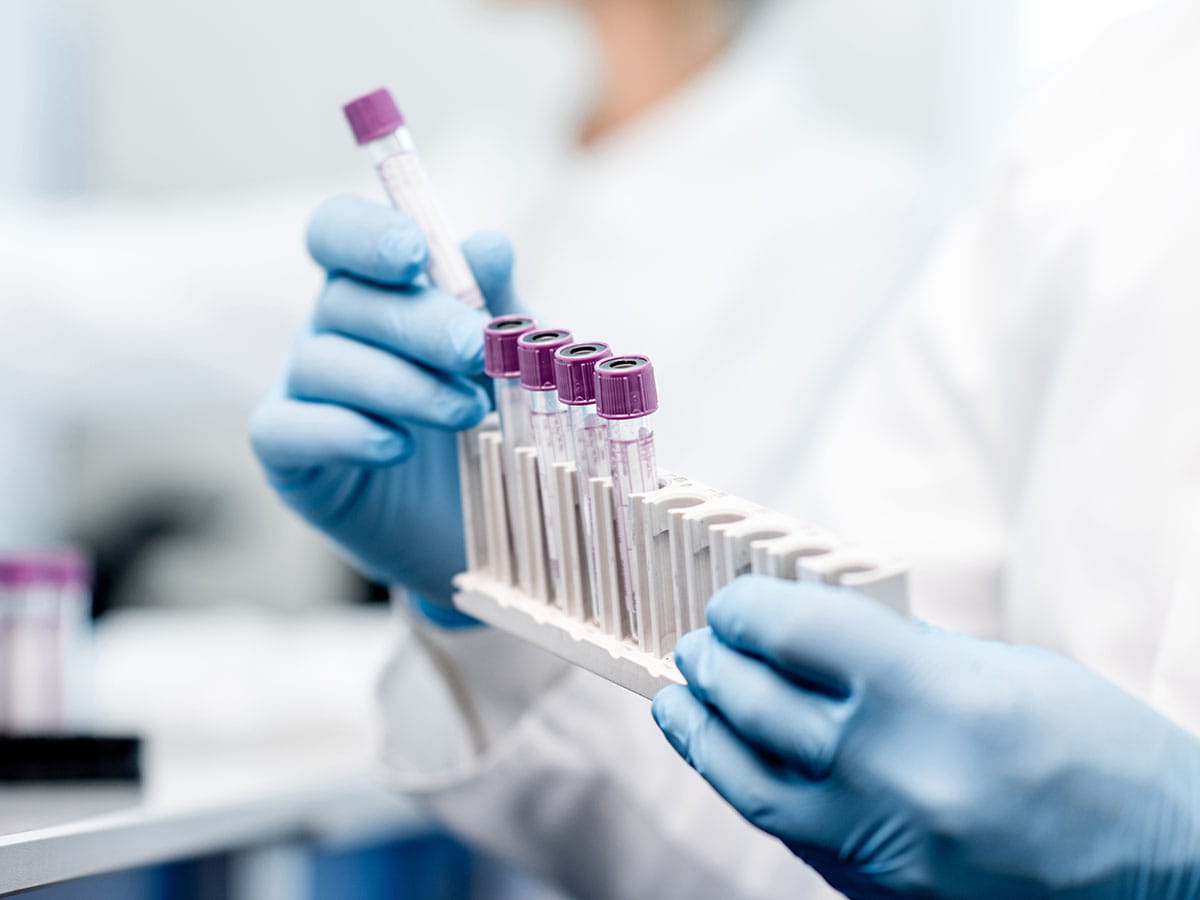Ryerson University science professor John G. Marshall and his lab led the development of an ultra-sensitive and reliable COVID-19 testing method, based on previous research, that provides patients with a highly accurate assessment of whether they have COVID-19 or have had it in the past.
Marshall and his lab, as well as other collaborators including the Toronto-based company YYZ Pharmatech Inc., National Taiwan University (NTU) and St. Michael’s Hospital, adapted the method called Enzyme Linked Mass Spectrometric Assay (ELiMSA), which was invented by professor Marshall and YYZ Pharmatech Inc. in previous research. The technique has broad applications beyond COVID-19, most notably for earlier and more reliable detection of infectious diseases, various cancers, HIV and Alzheimer’s.
So far, initial demonstrations with laboratory samples have shown that ELiMSA can detect extremely small traces of SARS-CoV-2, the virus that causes COVID-19, as well as the associated antibodies. The researchers have also found that their system works without using large quantities of the expensive substances that are required for clinical testing. Professor Marshall and his team are now in the early stages of demonstrations with human samples.
Marshall says that developing a more accurate and sensitive COVID-19 test is critical to help labs avoid incorrect results, known as false negatives and false positives, which can lead to people spreading the virus without knowing it or quarantining unnecessarily.
“COVID-19 has exposed the challenges for accurate and cost-efficient disease testing with existing technology,” said professor Marshall. “ELiMSA is extremely sensitive when trialled alongside other detection methods. The technology can detect and quantify the presence of as little as a single molecule with good statistical confidence.
“That extra sensitivity means we can afford to rigorously test samples to ensure there are no false positives, while still having the detection power to avoid false negatives, even in trace samples.”
The ELiMSA system is innovative because of its combined use of enzyme-based techniques and a device called a mass spectrometer, which is one of the most sensitive technologies available for substance analysis. Mass spectrometers are common in hospitals, universities and clinical labs around the world, making them suitable for use in virus testing on large scales. ELiMSA also has comparable speed to existing clinical tests that are used for COVID-19, such as polymerase chain reaction (PCR).
Due to the ultra-high sensitivity of ELiMSA, samples do not need to be processed multiple times to provide a clear outcome. The system therefore does not use large quantities of the required testing substances, such as reagents, which have proven costly and in short supply during the pandemic. This means that ELiMSA could provide a relatively inexpensive method that could increase the testing capacity of health-care services.





